racism
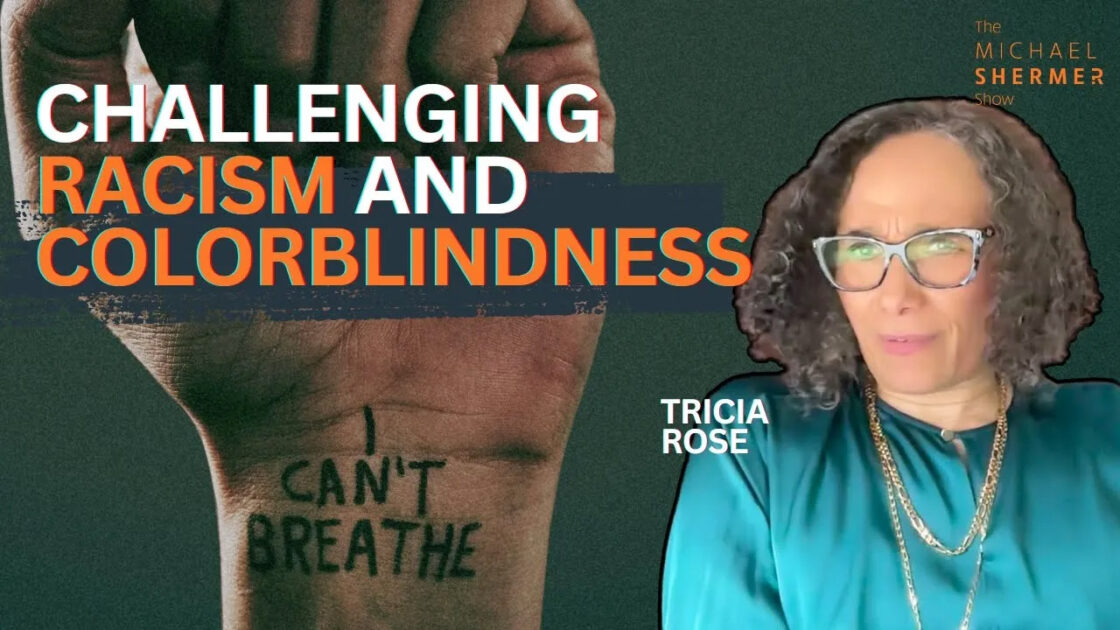
Shermer and Rose discuss: the policies, practices, laws, and beliefs that are racist in 2024 America and what can be done about them • racism, structural racism, systemic racism, metaracism • Rose’s working-class background growing up in 1960s Harlem • deep-root cause-ism •being “caught up in the system” • Trayvon Martin, Kelley Williams-Bolar, and Michael Brown • Rose’s response to Black conservative authors like Shelby Steele and Thomas Sowell • why she believes Coleman Hughes is wrong about color-blindness •…

Michael H. Bernstein reviews The End of Race Politics: Arguments for a Colorblind America by Coleman Hughes, discussing the author’s analysis of neoracism and the need for a middle ground in discussions of racism.

The practice of discussing educational testing in the same sentence with the term “war” is not necessarily new or original.1 What may be new to readers, however, is to characterize current debates involving educational testing as involving a war against: (1) accurate perceptions about the way things really are (reality), and (2) sound judgment in […]

Is it more of a disadvantage to be born poor or Black? Is it worse to be brought up by rich parents in a poor neighborhood, or by poor parents in a rich neighborhood? The answers to these questions lie at the very core of what constitutes a fair society. So how do we know […]

Michelle Ainsworth reviews: G-Man: J. Edgar Hoover and the Making of the American Century by Beverly Gage (2022) and The Gospel of J. Edgar Hoover: How the FBI Aided and Abetted the Rise of White Christian Nationalism (2023) by Lerone A. Martin.
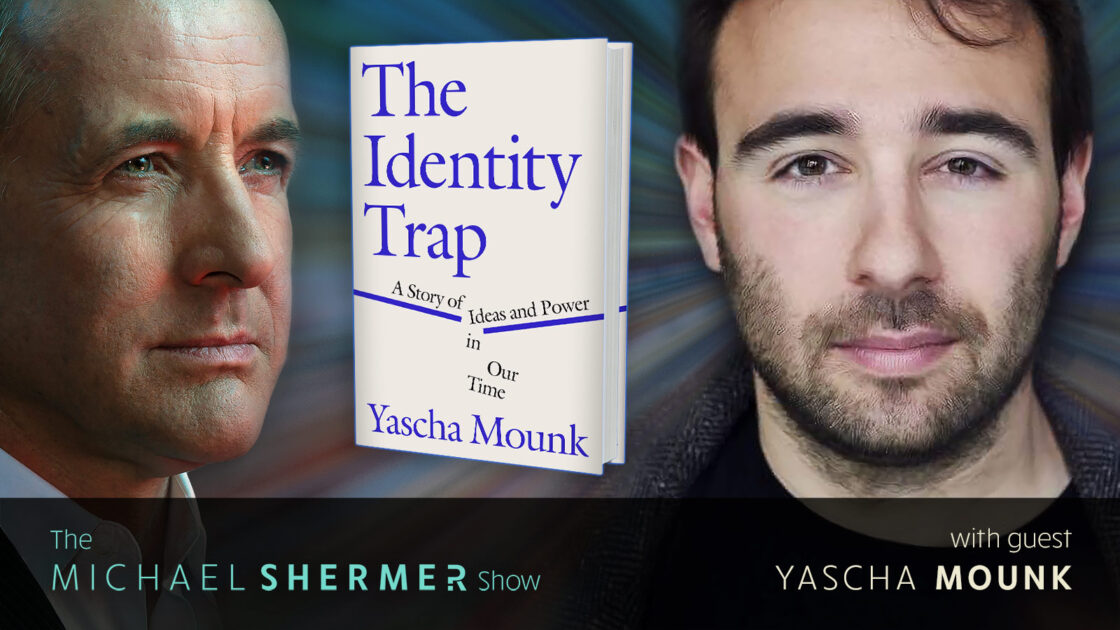
Shermer and Mounk discuss: the identity synthesis/trap • Israel, Hamas, Palestine • why students & student groups are pro-Palestinian and anti-Israel • the rise of anti-Semitism in recent years • proximate/ultimate causes of anti-Semitism • the rejection of the civil rights movement and the rise of critical race theory • overt racism vs. systemic racism • the problem of woke ideology • Trump and the 2024 election • the possibility of another Civil War • What should we do personally…
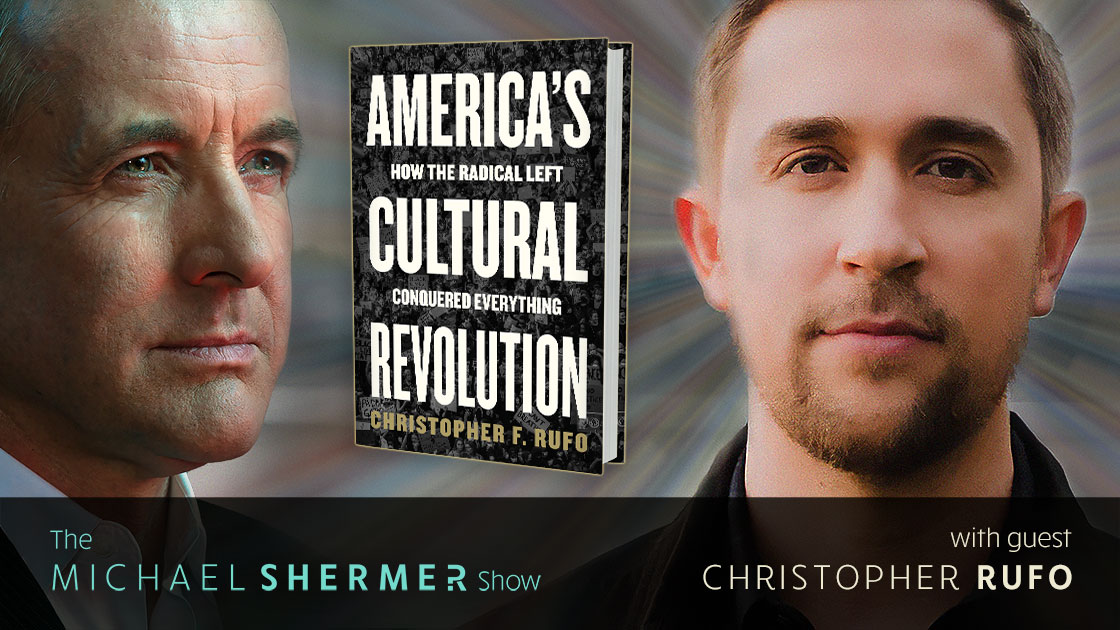
Shermer and Rufo discuss: race as America’s original sin • civil rights movement then and now • liberalism vs. illiberalism • equality vs. equity • overt racism vs. systemic racism • intellectual origins of the cultural revolution: Herbert Marcuse, Angela Davis, Paulo Freire, Derrick Bell, Eldridge Cleaver, Huey Newton • Black Lives Matter origins in the Black Liberation Army and the Black Panthers • critical race theory (CRT) • diversity, equity and inclusion (DEI), and more…

Media coverage often claims scholastic admissions tests (e.g., SAT, GRE) are inaccurate, inequitable, and ineffective because: (1) any racial/ethnic differences are caused by test bias; (2) tests don’t predict anything important; (3) tests merely reflect wealth not acquired skills or academic potential; so (4) admissions would be fairer without them. This article presents mainstream scientific evidence that each claim is false. Since admission test scores are the most resistant to bias, getting rid of them would make admissions less fair.

Shermer and Eig discuss: how to write biography • the history of the King family going back to slavery, Jim Crow, etc. • the influence of King Sr. on Martin’s intellectual and emotional development and the Ebenezer Baptist Church • King’s early experience with racism in the south • King’s religious beliefs and the influence of his faith on his civil rights activism • the influence of Gandhi and Reinhold Niebuhr on King’s strategic activism and deep belief in nonviolence…
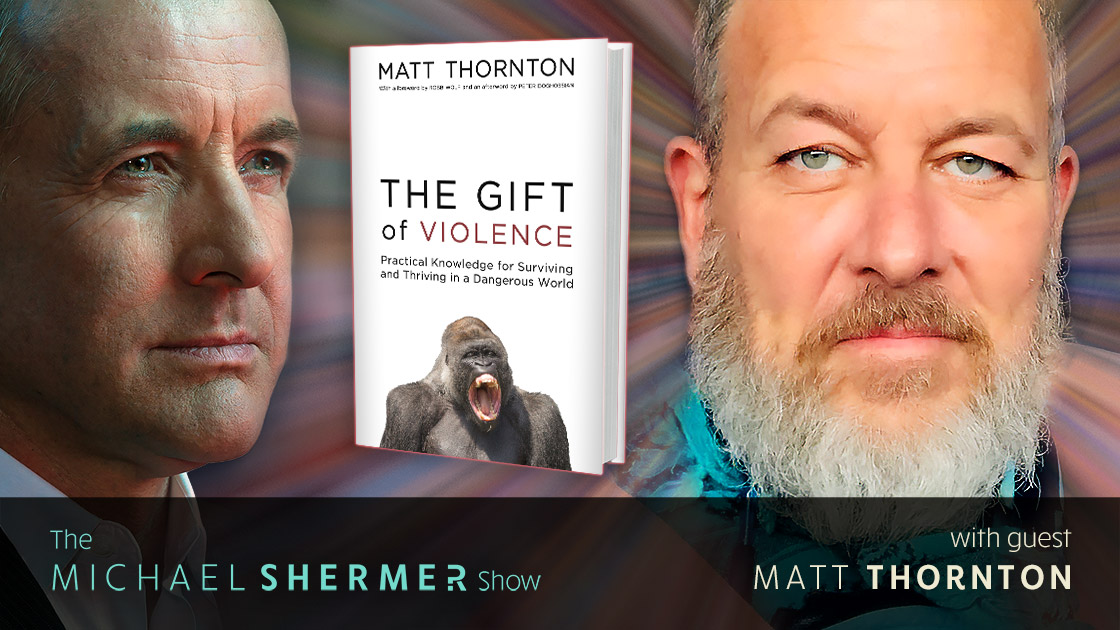
Shermer and Thornton discuss: aggression: passive, proactive, reactive, relational • moralistic punishment and the game theory analysis of the logic of violence • gun violence (homicide, suicide, accidents) • violence against women/children • male-on-male violence • alcohol, drugs, infidelity • race • self-control • training soldiers • male role models • Rodney King, Michael Brown, George Floyd • police violence • bullying • fatherless homes • rape and sexual violence • self-defense.

Shermer and Mac Donald discuss: race as America’s original sin • civil rights • equality vs. equity • disparate impact • overt racism vs. systemic racism • why Blacks make less money, own fewer and lower quality homes, work in less prestigious jobs, hold fewer seats in the Senate and House of Representatives, run fewer Fortune 500 companies • race and science, medicine, classical music, opera, Juilliard, Swan Lake, museums, and the law • crime and mass shootings • George…

In this special episode of the podcast, Michael Shermer talks about: why race still matters and why it shouldn’t • racism • BLM (Black Lives Matter), CRT (Critical Race Theory), DEI (Diversity, Equity, and Inclusion) • Anti-bias training • the Implicit Association Test and if it measures unconscious racism • race and IQ and why such group differences are environmental and not genetic • how we can achieve a post-race world.

Shermer and Bernstein discuss: the SCOTUS case on affirmative action and race preferences at Harvard and elsewhere • Elizabeth Warren, Tiger Woods, George Zimmerman, Rachel Dolezal, Kamala Harris • BIPOC (Black, Indigenous, People of Color) • ADOS (American Descendants of Slaves) • the biology and legality of race • the one-drop rule of race classification • the rise of modern racial classification • Hispanic, Italian, Polish, Jewish, Armenian, Cajun, South Asian, Arab, and Iranian categories • American Indians/Native Americans •…
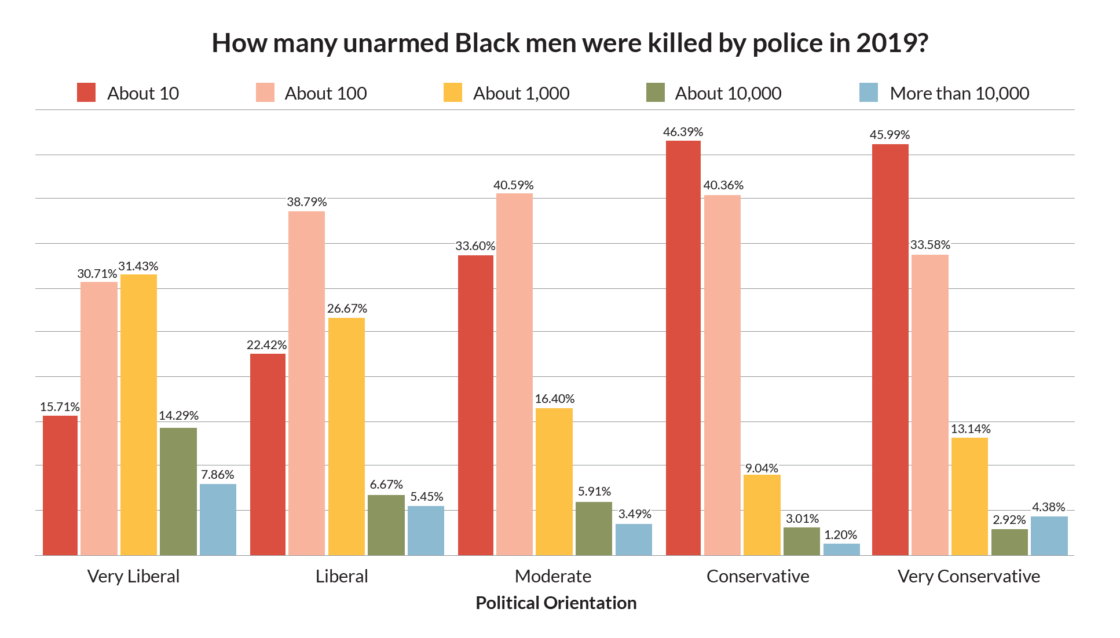
Everyone knows that race relations in America have a long and troubled history. By some measures race relations are very good, with polls showing that people are more tolerant of racial diversity today than they were decades ago. But by other measures it would seem race matters are more disconcerting than ever. In this analysis Chris Ferguson attributes the troubling events of recent years to the news media and how they create a social narrative driving the decline of race…
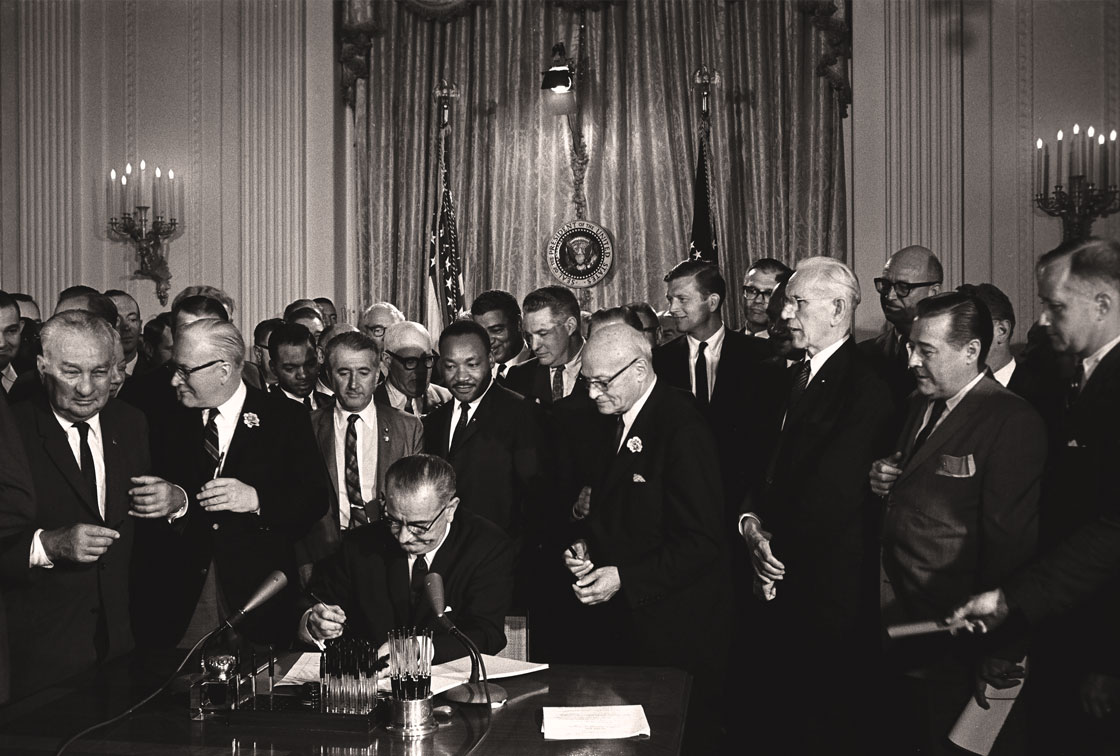
In this provocative article on the controversial topics reparations, and what is owed to the descendants of African Americans who were enslaved, Jason Hill argues that the Civil Rights movement and ensuing acts and laws in the 1960s and 1970s have already provided a type of reparations, and that more such reparations, particularly in the form of cash payments, are unnecessary, not to mention nearly impossible to determine who is owed what.
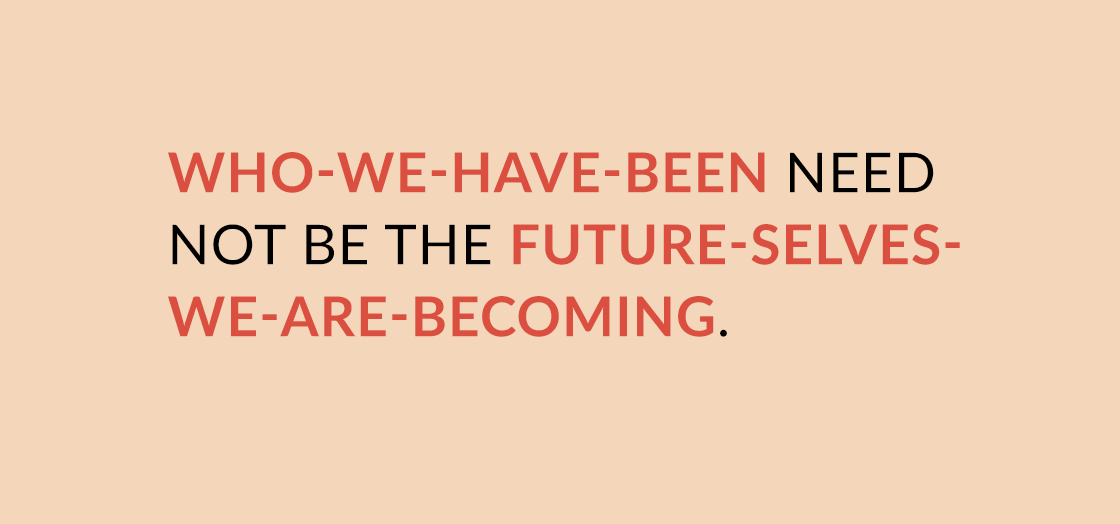
As Skeptic Publisher Michael Shermer wrote in his Introduction to Skeptic magazine’s special issue on Race Matters (27.3), the issues outlined in this article documenting the continuation of systemically racist social structures—even as racist attitudes have improved dramatically over the past half century—mean that race still matters very much in the USA. It is thus incumbent on all of us to properly understand the causes of these issues so that we may implement a rational and science-based response to them.
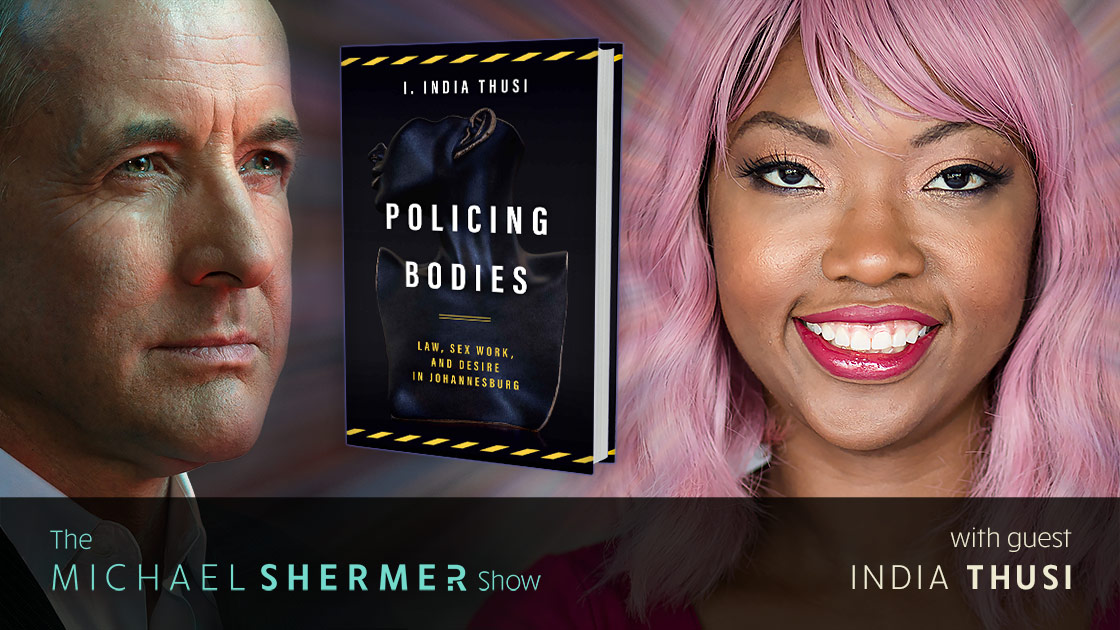
Shermer and Thusi discuss: how she gained access to police and sex workers in Johannesburg • what it was like patrolling brothels in Johannesburg • what sex work is, exactly • why sex workers are mostly women and patrons mostly men • why sex work is illegal in many places and whether it should be legal and regulated • the liminal nature of sex work • Critical Race Theory • racism and antiracism • President Barack Obama • her response…
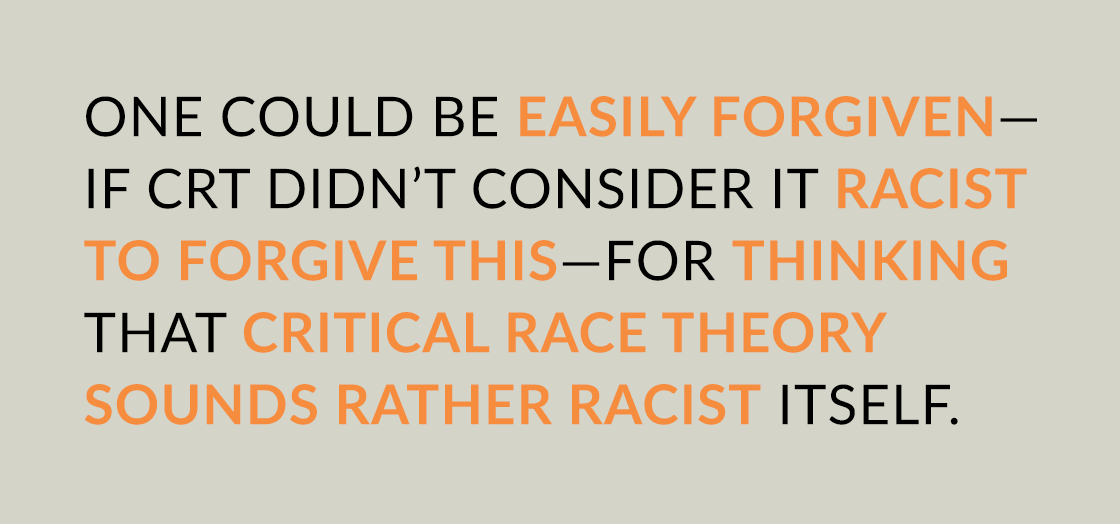
Critical Race Theory (CRT) is, at root, an American phenomenon. So thoroughly is this the case that although its ideas have been used outside the United States for some time, they are often highly flavored by U.S. racial history. CRT holds that race is a social construct that was created to maintain White privilege and […]

In his usual data-driven style of analysis, statistician and sociologist Kevin McCaffree, who also runs the Skeptic Research Center, presents the SRC finding about policing and race in America, and how political beliefs and orientation skews our perceptions of what is actually happening on the streets of the United States.

One of the most famous experiments in education — Jane Elliott’s “blue eyes, brown eyes” separation of her third grade students to teach them about prejudice — was very different from what the public was told, as revealed in this excerpt from the in-depth story about what really happened in that classroom.
NEXT →



























